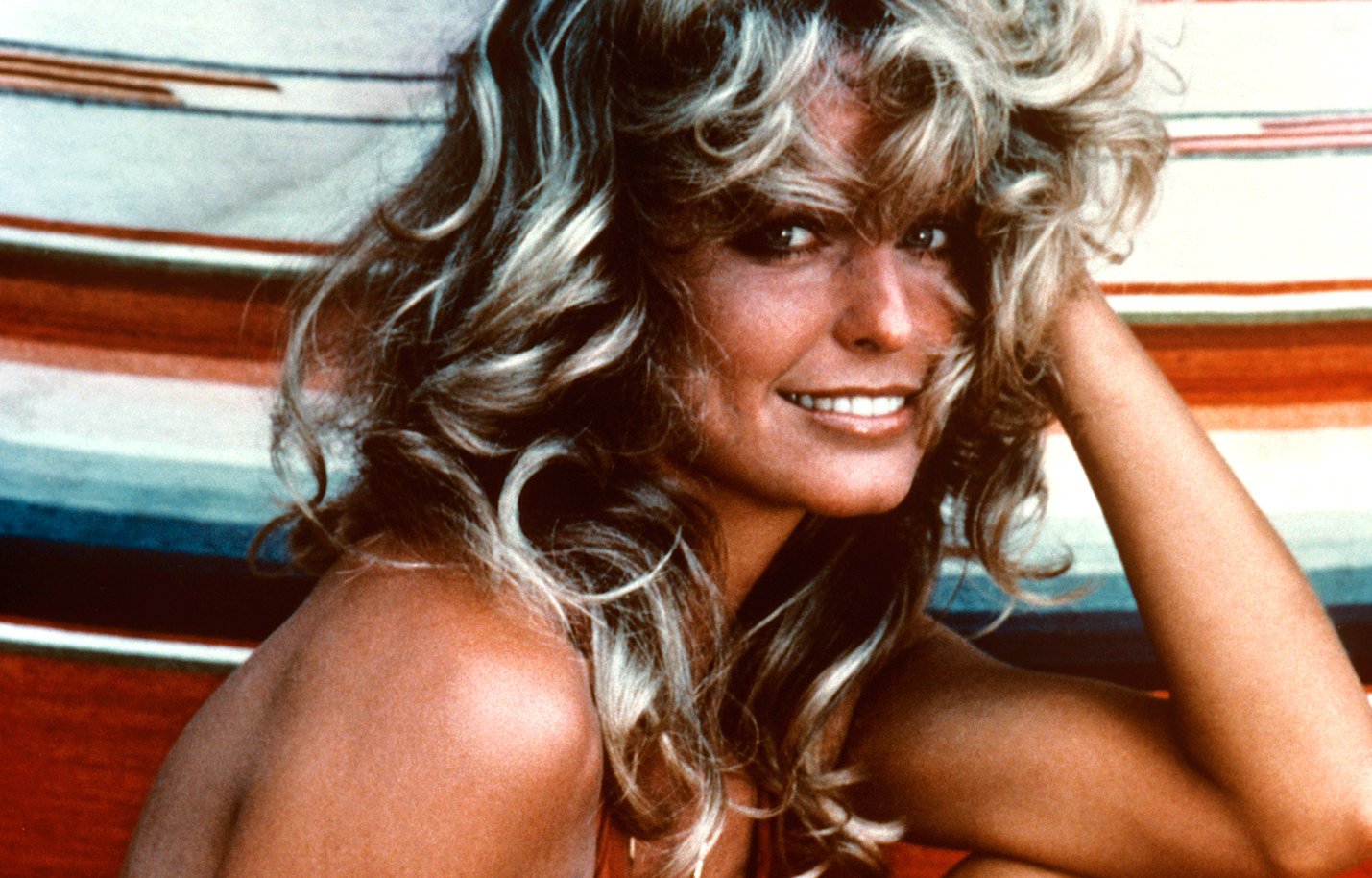An Angel is Forever
- Beloved model and actress Farrah Fawcett wasand still isAmerica's sweetheart. We are remembering the Hollywood legend on the twelfth anniversary of her death on June 25, 2009 at 62 after a three-year battle with anal cancer.
- The icon, who started the Farrah Fawcett Foundation to support cutting-edge HPV-related cancer research, paved the way to reduce the stigma of anal cancer.
- People are often surprised that the HPV vaccine is recommended for children before their sexual years, but leading experts tell SurvivorNet that this is the best way to help prevent the next generation of HPV-related cancers.
An Overnight Star
Fawcett first rose to stardom in 1976 after joining the first season of the hit show Charlie's Angels. Decades later, the style icon's hairstyle "The Farrah" (long, feathered, 70s-style locks) is still copied today. Ask any man over 40, and most will probably admit that they had her poster on their wall. Men and women fell in love with the talented, radiant beauty.View this post on Instagram
Fawcett moved to Los Angeles from Corpus Christi, Texas, where her father was an oil field contractor while her mother took care of her daughters. Fawcett had an older sister Diane Fawcett Walls, who died from lung cancer in 2001.
Fawcett is survived by one child, Redmond O'Neal, now age 36, with actor and longtime love Ryan O'Neal, 80. The pair met in 1979 when she was married to actor Lee Majors, now 82.
"She's delightful, full of childlike warmth," O'Neal later wrote in his book, recalling the first day he met the Golden Globe-nominated actress. "There is no pretense or cattiness about her whatsoever, she's vibrant and wholesome, refreshing in this town."
View this post on Instagram
Mela Murphy, Farrah’s friend who was at her side when she passed, told People at the time that her last words were about her son. "She was saying his name, 'Redmond,' that was the last thing she said."
View this post on Instagram
Breaking the Stigma
If Farrah Fawcett, who was a global sex symbol in the public eye, could talk about her anal cancer, so can you. Fawcett was able to help lessen the embarrassment that comes along with the name and area of the disease.
When first diagnosed in 2016, Fawcett did not want to go public with her cancer, but it got out in the media. After undergoing chemotherapy and radiation for her treatment, she was in remission the following year, but then it came back. "She got so many letters from people who were so supportive and most of them with cancer themselves and they all said, you know, 'you're an inspiration to all of us,’" her best friend Alana Stewart recalls to SurvivorNet.
View this post on Instagram
"She would read these letters herselfshe had thousands and thousands of them, and she really took the stigma away from anal cancer because people were embarrassed to say they had it,” she said. “She got so many letters saying 'I have anal cancer and I'm embarrassed to say I have anal cancer now I say that I have the same kind of cancer that Farrah Fawcett has.' She was really brave coming out so openly with that."
Related: Facing Uncertainty: Anal Cancer Survivor Daniel Garza On The Value Of Sharing Your Story
Stewart accompanied Farrah on trips to seek advanced treatment for her disease in Germany, but sadly, nothing could stop the advanced disease, which had spread to her liver. She died in Santa Monica, Calif. at St. John’s Medical Center at 62 years old.
Preventing HPV-Related Cancers
Since Fawcett’s death, medical experts have found one of the culprits leading to anal cancer: the human papillomavirus, or HPV, which is transmitted sexually, and is widespread in the United States.
The HPV vaccine protects against nine strains of HPV that are most likely to lead to cancer. The original FDA approval of the Gardasil-9 HPV vaccine included young people ages 9 to 26, but it has since been expanded to include men and women ages 27 to 45. When given in two doses, spaced 6 to 12 months apart, the vaccine can prevent more than 90% of HPV- related cancers.
Kids as young as 9 can get Gardisil, and the earlier the better, Dr. Bobbie J. Rimel, gynecologic oncologist at Cedars-Sinai Medical Center in Los Angeles, CA, told SurvivorNet in a previous interview. "The immune system of children is very robust and their ability to create a long, lifelong immunity based on a vaccination is greater than in the adult body."
Related: Should I Give My Kids the HPV Vaccine? A Leading Doctor On Why She Says ‘Yes!’
Dr. Heather Yeo, a colorectal surgeon from Weill Cornell Medicine, says it was an obvious choice to get the vaccine for her own kids. "Those that should getting vaccinated are kids," says Dr. Yeo. "So I think that for some parents that's sort of scary. My daughter is about to complete her cycle of vaccination, and my son has also gotten his first vaccine … we know that almost all cervical cancers can be prevented by the vaccine, as well as some oral and some anal and some squamous cell cancers … so I think it's really important."
Cancer Doctor Explains Why Her Young Kids Are Getting the HPV Vaccine
Why the HPV Vaccine is so Important in Preventing Cancer
Learn more about SurvivorNet's rigorous medical review process.


